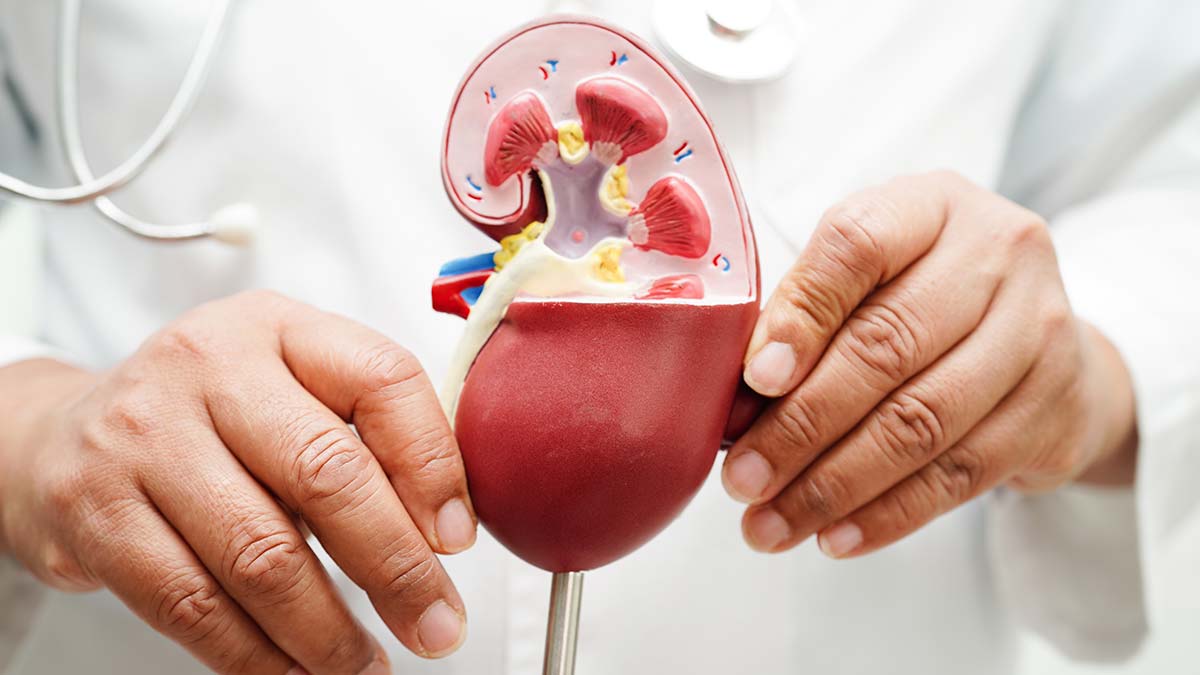4th stage kidney disease, also known as Stage 4 Chronic Kidney Disease (CKD), is a serious health condition where the kidneys have suffered significant damage. At this stage, kidney function drops to 15–29%, indicating that they are nearing failure. Early diagnosis and proper management can help slow down disease progression and improve the quality of life for those affected.

Content
What is 4th Stage Kidney Disease?
4th stage kidney disease is the second-to-last stage in the five stages of chronic kidney disease. It occurs when the glomerular filtration rate (GFR) falls between 15 and 29 mL/min. This means the kidneys are functioning at only a fraction of their normal capacity, and waste products begin to accumulate in the body.
Causes of 4th Stage Kidney Disease
Several underlying conditions can lead to 4th stage kidney disease, including:
- Diabetes (Type 1 and Type 2)
- High blood pressure (hypertension)
- Glomerulonephritis
- Polycystic kidney disease
- Autoimmune disorders
- Prolonged use of certain medications
Symptoms of 4th Stage Kidney Disease
At this stage, symptoms often become more noticeable. Common symptoms include:
- Fatigue and weakness
- Swelling in the legs, ankles, or feet
- Changes in urine output or appearance
- Shortness of breath
- Nausea and vomiting
- Muscle cramps
- Difficulty concentrating
- High blood pressure
If you experience these symptoms, it’s crucial to seek medical attention promptly.
Complications Associated with Stage 4 CKD
People with 4th stage kidney disease are at risk of several complications, such as:
- Anemia
- Bone disease
- Cardiovascular problems
- Electrolyte imbalances
- Malnutrition
- Fluid retention
Treatment and Management Options
Although 4th stage kidney disease is advanced, proper care can help manage symptoms and delay kidney failure. Treatment strategies include:
- Medical Management
Medications: To control blood pressure, diabetes, anemia, and phosphate levels.
Regular monitoring: Frequent blood tests to track kidney function and electrolyte levels.

Gina Jordan is a health blog author who has been writing about healthy living since 2013. She started her journey by adopting a vegan diet and eating only organic foods, but the more she learned, the more she realized that we should all be eating plant-based diets exclusively. As an expert in nutrition and wellness, Gina blogs to educate readers on how they can live happier and healthier lives through food choices!













